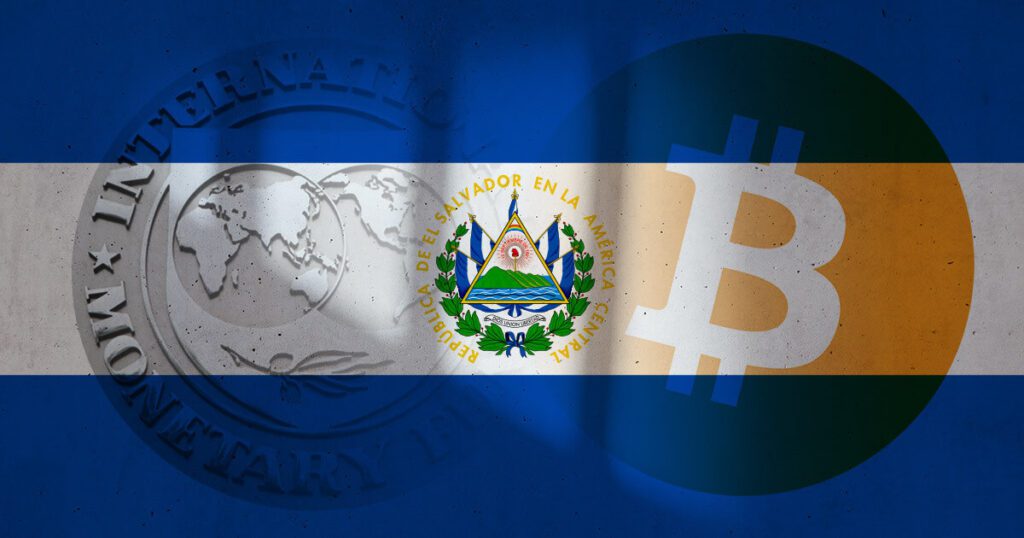

The International Monetary Fund (IMF) has recommended that El Salvador narrow the scope of its Bitcoin (BTC) law and increase regulatory oversight during ongoing negotiations over a possible lending program, Bloomberg News reported, citing the director of IMF communications, Julie Kozack.
The discussions, held in Washington, focused on measures to improve economic governance and strengthen public finances.
During a press briefing on October 3, Kozack emphasized that the IMF’s main recommendation is to “reduce the scope of the Bitcoin law, strengthen the regulatory framework and supervision of the Bitcoin ecosystem.”
The IMF has expressed concerns about the potential risks posed by Bitcoin adoption in El Salvador, a key topic in negotiations over the country’s new lending program. The discussions aim to create a framework of policies that can help boost productivity and strengthen economic reforms.
Kozack added:
“Bitcoin risk management is a key part of these discussions.”
El Salvador made headlines in 2021 as the first country to adopt Bitcoin as legal tender, a move that received mixed reactions. While the country’s economy has seen positive growth, including an increase in GDP of more than 10% and a significant reduction in the crime rate, the IMF continues to express reservations about the financial risks associated with Bitcoin volatility .
The IMF’s concerns coincide with the new 2025 budget proposal presented by El Salvador, which Kozack described as “a step in strengthening public finances.” The proposal includes measures to control the national budget, focusing on spending and implementing reforms to improve governance.
Despite El Salvador’s achievements, including a 95% decrease in the murder rate and a 95% increase in tourism in 2023, some international institutions remain cautious about the long-term impacts of Bitcoin on the country’s financial stability.
Supporters of the Bitcoin experiment, including figures such as President Nayib Bukele, have defended the initiative, citing significant economic improvements since its adoption.
Mathew Sigel, head of digital assets research at VanEck, criticized the IMF for “holding El Salvador hostage over Bitcoin.” He further highlighted several notable achievements since the country adopted Bitcoin, including El Salvador’s GDP growth, falling crime rates, and booming tourism.
Sigel praised President Nayib Bukele for leading what he called a “remarkable transformation,” urging the president to “remain firm” in his vision for the country.
While the government remains steadfast in its commitment to Bitcoin, the IMF has insisted that any future lending program must take these risks into account, signaling that El Salvador’s approach to crypto will remain the focus of its discussions with the international lender.




